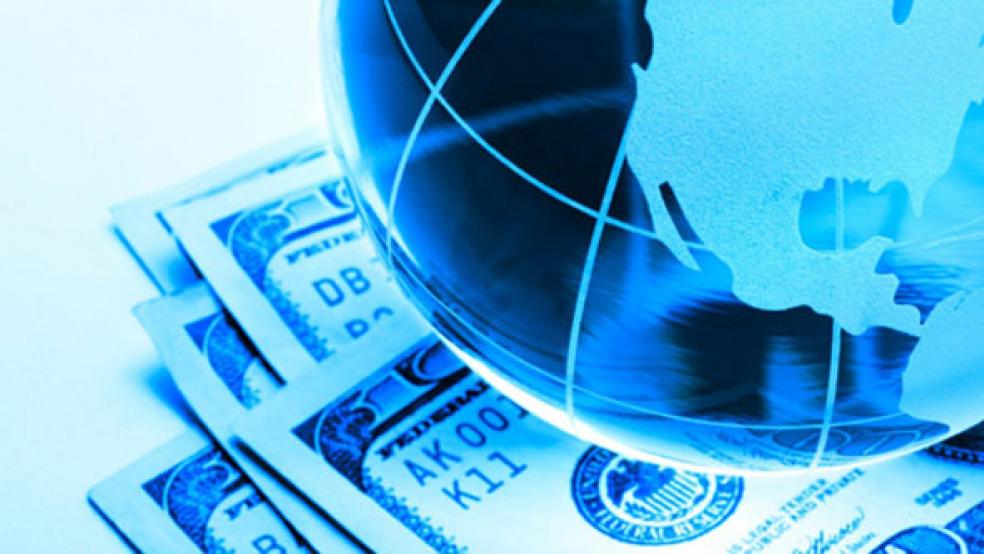Although he will not take office for another seven weeks, President-elect Donald Trump issued a threat to the so-called BRICS nations over the weekend, saying he will impose a 100% tariff on imports from those countries if they attempt to create a currency that serves as an alternative to the U.S. dollar. The threat arrived just a few days after Trump said he will impose a 25% tariff on goods imported from Mexico and Canada if those nations fail to act to stem the flow of immigrants and drugs across the U.S. border.
The BRICS — a 20-year-old designation for the five emerging market nations of Brazil, Russia, India, China and South Africa, now expanded to include Egypt, Ethiopia, Iran, Saudi Arabia and the United Arab Emirates — have at times criticized the dominance of the U.S. dollar in international trade. Dollar supremacy gives the U.S. enormous influence over the global economy and lowers borrowing costs to help finance the country’s ever-growing debt.
Trump’s threat comes amid growing concerns among some U.S. elites that the BRICS plan to create their own currency and break out of the U.S. dollar system. “The idea that the BRICS Countries are trying to move away from the Dollar while we stand by and watch is OVER,” Trump said Saturday on his social media platform. “We require a commitment from these Countries that they will neither create a new BRICS Currency, nor back any other Currency to replace the mighty U.S. Dollar or, they will face 100% Tariffs, and should expect to say goodbye to selling into the wonderful U.S. Economy.”
A move that could backfire: Some trade experts questioned the need for Trump’s threat. South Africa has denied that the BRICS are planning to develop a new currency, and few see a viable threat in the offing either way. Economist Mark Weinstock of Pace University told CBS News that the dollar will likely remain the world’s dominant current for the foreseeable future. “Economically, it's not a major issue because the idea of the BRICS countries being able to put together an alternative as a reserve currency for the U.S. dollar is not plausible in the short or intermediate term,” he said.
Calling out the BRICS also highlights U.S. global domination — a fact that many nations in the world find unappealing, if not threatening. “It isn't a good look,” said Brad Setser, senior fellow at the Council on Foreign Relations. “My personal view is that trying to coerce countries into using the dollar (which they voluntarily do now, apart from those facing serious sanctions) is actually a long-run threat to the dollar's global role,” he added. “It makes the use of the dollar appear to be a favor to the U.S.”
Rodrigo Catril, a strategist at National Australia Bank, told Bloomberg that U.S. authorities should be careful. “The dollar remains dominant for several reasons: the USD is the most liquid currency in the world, trades freely, it is also the lending currency of the world,” he said. However, if “Trump increases the pressure on BRICS, it may well accelerate a move away from the dollar.”
Ulrich Leuchtmann, head of foreign exchange research at Commerzbank, also warned about the U.S. overplaying its hand. “From today, anyone outside the U.S. who uses the dollar for transactions will sense this as a yoke that the U.S. is imposing on them,” he told Bloomberg. “In the long term, this cannot be a stable state of affairs. Especially since this yoke is likely to be felt all the more oppressively the more selfishly U.S. policy acts in other areas.”
Taxes
Trump Threatens 100% Tariffs Against BRICS Nations

iStockphoto



